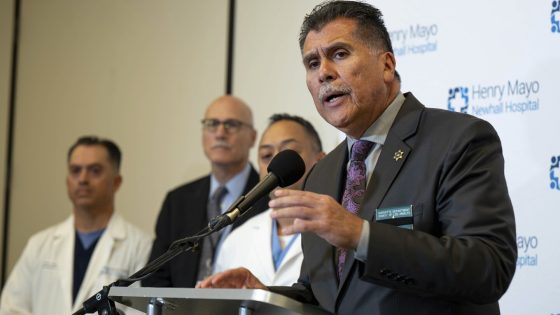The recent surge of questions at Belgium’s afstammingscentrum highlights growing concerns about sperm donors with genetic defects. News emerging on 2025-06-02 17:25:00 has intensified scrutiny over donor sperm safety and the implications for families relying on assisted reproduction. This issue is becoming increasingly relevant for Belgian couples and individuals considering donor sperm options.
- Afstammingscentrum ontvangt veel vragen na nieuws
- Moeder uit Zonhoven vreest onbekende halfbroers
- Deens zaad domineert internationale spermamarkt
- Industrie rond kinderen krijgen vraagt onderzoek
- Mutatie in TP53-gen roept veiligheidsvragen op
Alongside worries about long waiting lists, which now exceed a year, many parents are asking how genetic mutations in donors might affect their children’s health. The case of a donor carrying a TP53 gene mutation, known for its cancer risk, has raised difficult questions about transparency and genetic screening in Belgium’s sperm donation system.
What does this mean for donor-conceived children here? And how should Belgian authorities balance donor availability with genetic safety? These questions set the stage for a deeper look at the current sperm donor landscape in Belgium.
How can Belgium ensure donor sperm safety without limiting access? This dilemma prompts reflection on the industry’s responsibilities and future direction. Key points to consider include:
- Extended waiting times strain families seeking donor sperm in Belgium.
- Genetic mutations like TP53 raise cancer risk concerns among donor-conceived children.
- Transparency about donor genetic history remains limited but urgently needed.
- Denmark’s dominance in the sperm market offers lessons on regulation and quality control.
As awareness grows, Belgian policymakers and fertility clinics must act to improve genetic testing and donor transparency. Will these changes restore public trust and support families relying on donor sperm? The coming months will be crucial for shaping Belgium’s reproductive health future.
































